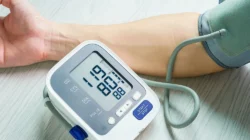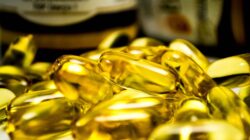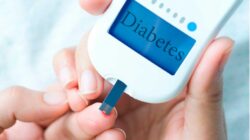Understanding Biotin and Its Role in Hair Growth
Biotin, also known as vitamin B7, is a water-soluble vitamin that plays a crucial role in several bodily functions, particularly in the metabolism of fats, carbohydrates, and proteins. It is often touted for its benefits in promoting healthy hair growth, leading many individuals to incorporate biotin supplements into their daily routines. However, while biotin is generally considered safe, I have come to recognize that it is not without its potential side effects. Some individuals may experience skin rashes and nausea as a result of biotin supplementation. These side effects can be particularly concerning for those who are taking biotin specifically to address hair growth issues. It is essential to understand that while biotin can support hair health, the occurrence of adverse reactions may negate its benefits, creating a paradox for individuals seeking to enhance their hair growth.
The connection between biotin supplementation and hair growth is well-documented; however, it is equally important to acknowledge that hair growth issues can arise from biotin-related side effects. For instance, if an individual is experiencing a skin rash or gastrointestinal discomfort, their overall well-being may be compromised, which in turn can affect hair health. Therefore, it is vital to approach biotin supplementation with caution, recognizing both its potential benefits and the risks associated with its use.
Common Side Effects Associated with Biotin Supplementation
As I delved deeper into the realm of biotin supplementation, I discovered that some common side effects include nausea and various digestive issues. These gastrointestinal disturbances can manifest as an upset stomach, diarrhea, or general discomfort. It is not uncommon for individuals to experience these symptoms, particularly when they first begin taking biotin supplements or when they increase their dosage. While these side effects may seem mild, they can significantly impact one’s quality of life, leading to reluctance in continuing supplementation.
Additionally, I have found that skin rash and acne may occur with biotin supplementation. This can be particularly disheartening for those who are already dealing with hair growth issues, as the appearance of skin problems can further diminish self-esteem. The development of these skin conditions may be attributed to an allergic reaction or sensitivity to the supplement itself, underscoring the importance of monitoring one’s body for any adverse reactions when introducing new supplements into one’s regimen.
The Connection Between Biotin and Skin Rashes
In my exploration of biotin, I have come to understand that skin rashes are not an uncommon side effect associated with biotin intake. These rashes can manifest in various forms, including redness, itching, and inflammation. They may arise due to an individual’s unique sensitivity to biotin or the fillers and additives present in certain biotin supplements. Moreover, it is crucial to recognize that digestive issues can accompany these skin reactions, creating a compounded effect on one’s health.
Interestingly, I have also noted that hair growth may be affected by biotin-related allergic reactions. When the body experiences an allergic response, it can lead to inflammation and stress, which may negatively impact hair follicles and impede healthy hair growth. This connection emphasizes the need for individuals to be vigilant about their reactions to biotin supplementation, as the very supplement intended to promote hair growth could inadvertently hinder it.
Managing Digestive Issues Related to Biotin Intake
As I navigated the landscape of biotin supplementation, I realized that managing digestive issues is a critical component of ensuring a positive experience with this vitamin. Biotin side effects may include nausea and other digestive complaints that can arise from taking the supplement. To mitigate these issues, I have found it helpful to take biotin with food, as this can help ease gastrointestinal discomfort. Additionally, starting with a lower dosage and gradually increasing it can allow the body to adjust more comfortably to the supplement.
Furthermore, skin rash and acne linked to biotin intake can be managed through diligent skin care practices and, if necessary, consulting a dermatologist. It is essential to listen to one’s body and take note of any adverse reactions, as this can guide decisions regarding the continuation or adjustment of biotin supplementation.
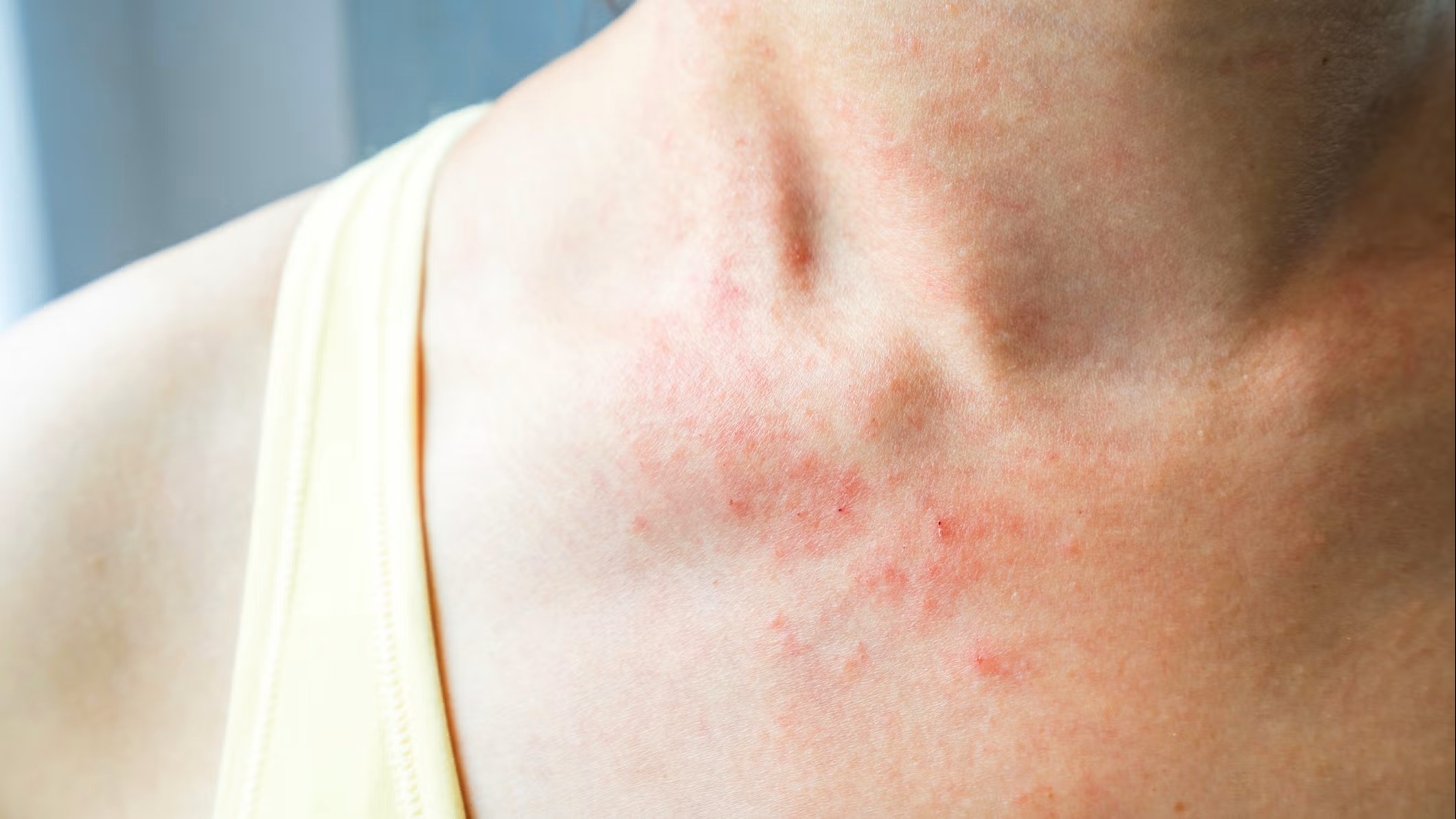
Exploring Allergic Reactions to Biotin Supplements
In my research, I have come across various accounts of individuals experiencing allergic reactions to biotin supplements. These reactions can manifest as skin rashes, hair loss, nausea, and digestive issues. It is vital to recognize that not everyone will experience these side effects, but for those who do, the impact can be significant. Allergic reactions can range from mild to severe, and understanding the symptoms is crucial for timely intervention.
For instance, if an individual experiences nausea or digestive discomfort in conjunction with a skin rash, it may be indicative of an allergic response to biotin or its components. In such cases, I would recommend discontinuing the supplement and consulting a healthcare professional for guidance. It is essential to prioritize one’s health and well-being, especially when dealing with potential allergic reactions that can complicate the pursuit of hair growth and overall beauty goals. By being aware of the possible side effects and taking proactive measures, individuals can navigate the complexities of biotin supplementation more effectively.
As of my last update in October 2023, the research landscape surrounding biotin and its side effects has been evolving, with certain trends gaining traction while others remain underexplored. Let’s dive into the current popular areas of research and those that might deserve more attention.
Popular Research on Side Effects of Biotin
1. Impact on Laboratory Tests: One of the most significant trends is the investigation into how biotin supplementation can interfere with laboratory test results. High doses of biotin can lead to falsely elevated or decreased results in various assays, particularly those related to thyroid function and hormone levels. This area has garnered attention due to its implications for clinical diagnostics and patient safety.
2. Biotin and Hair Health: Biotin is widely marketed as a supplement for improving hair health, and research continues to explore its efficacy. While many anecdotal reports support its benefits for hair growth and thickness, scientific studies are increasingly focusing on the mechanisms through which biotin may influence keratin production and hair follicle health.
3. Nutritional Deficiencies: There is ongoing research into biotin deficiency, particularly in specific populations such as pregnant women, individuals with certain metabolic disorders, and those on restrictive diets. Understanding the side effects of deficiency versus excess supplementation is crucial for developing guidelines for safe biotin intake.
Underexplored Areas of Biotin Side Effects
1. Long-Term Effects of High-Dose Biotin: While short-term studies on biotin supplementation are common, long-term effects, particularly at high doses, are less studied. Research into potential cumulative side effects, such as skin reactions or gastrointestinal issues, could provide valuable insights for users considering prolonged supplementation.
2. Interactions with Medications: The interaction of biotin with various medications is another area that requires more attention. While some studies have hinted at possible interactions, comprehensive research is needed to clarify how biotin supplementation may affect the efficacy of certain drugs, particularly those related to diabetes and cardiovascular health.
3. Biotin in Mental Health: There is a growing interest in the role of biotin in mental health, particularly concerning mood disorders and cognitive function. However, this area remains largely under-researched. Investigating how biotin affects neurotransmitter synthesis or brain health could open new avenues for treatment options.
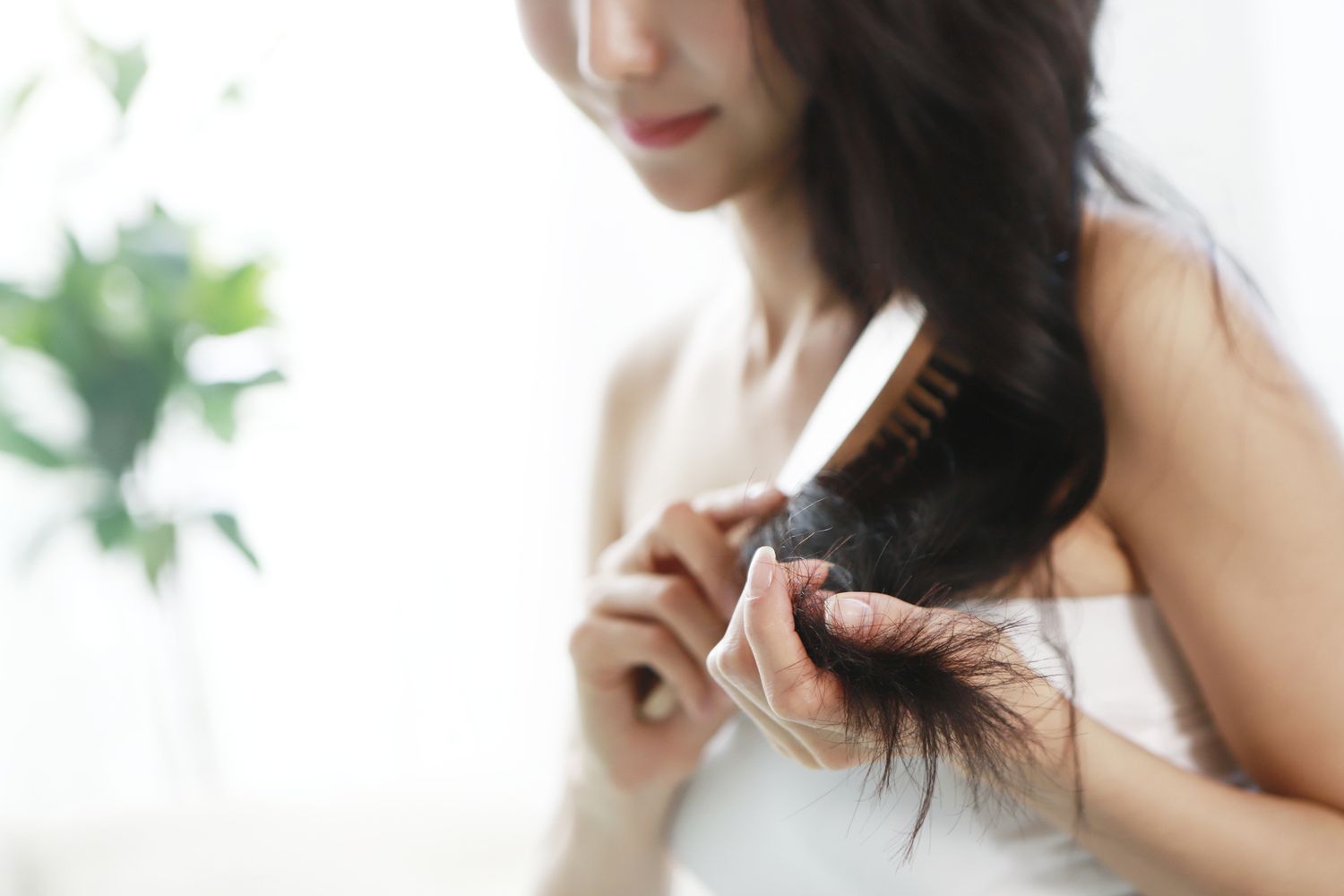
Conclusion
In summary, while the research on biotin and its side effects is making strides, particularly in clinical diagnostics and hair health, there are still significant gaps that warrant further exploration. Areas such as long-term effects, drug interactions, and mental health implications present exciting opportunities for future studies. By addressing these underexplored areas, researchers can contribute to a more comprehensive understanding of biotin’s role in health and wellness.
- Biotin Side Effects: Hair Growth Troubles and Skin Rash Risks - July 15, 2025
- Tirzepatide and Hair Loss: Side Effects Explored - July 2, 2025
- Unlock the Mystery: Are Your Headaches a Sign of Hypertension? - June 24, 2025

